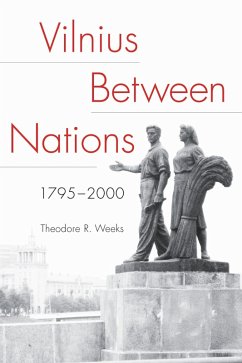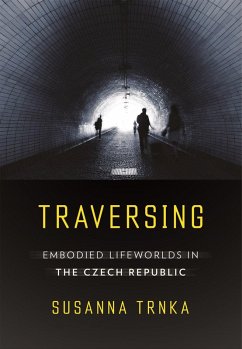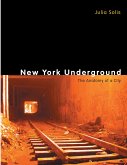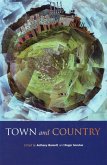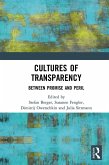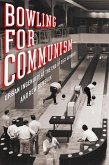The inhabitants of Vilnius, the present-day capital of Lithuania, have spoken various languages and professed different religions while living together in relative harmony over the years. The city has played a significant role in the history and development of at least three separate cultures-Polish, Lithuanian, and Jewish-and until very recently, no single cultural-linguistic group composed the clear majority of its population.
Vilnius between Nations, 1795-2000 is the first study to undertake a balanced assessment of this particularly diverse city. Theodore Weeks examines Vilnius as a physical entity where people lived, worked, and died; as the object of rhetorical struggles between disparate cultures; and as a space where the state attempted to legitimize a specific version of cultural politics through street names, monuments, and urban planning. In investigating these aspects, Weeks avoids promoting any one national narrative of the history of the city, while acknowledging the importance of national cultures and their opposing myths of the city's identity. The story of Vilnius as a multicultural city and the negotiations that allowed several national groups to inhabit a single urban space can provide lessons that are easily applied to other diverse cities. This study will appeal to scholars of Eastern Europe, urban studies, and multiculturalism, as well as general readers interested in the region.
Vilnius between Nations, 1795-2000 is the first study to undertake a balanced assessment of this particularly diverse city. Theodore Weeks examines Vilnius as a physical entity where people lived, worked, and died; as the object of rhetorical struggles between disparate cultures; and as a space where the state attempted to legitimize a specific version of cultural politics through street names, monuments, and urban planning. In investigating these aspects, Weeks avoids promoting any one national narrative of the history of the city, while acknowledging the importance of national cultures and their opposing myths of the city's identity. The story of Vilnius as a multicultural city and the negotiations that allowed several national groups to inhabit a single urban space can provide lessons that are easily applied to other diverse cities. This study will appeal to scholars of Eastern Europe, urban studies, and multiculturalism, as well as general readers interested in the region.
Dieser Download kann aus rechtlichen Gründen nur mit Rechnungsadresse in A, D ausgeliefert werden.

